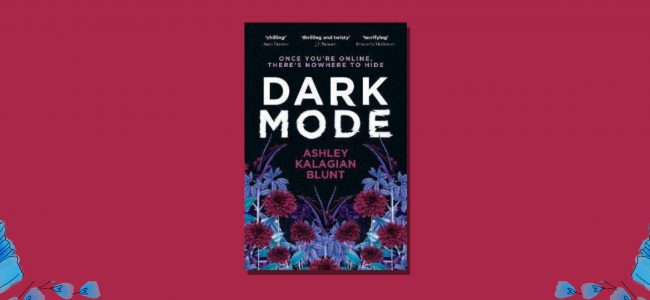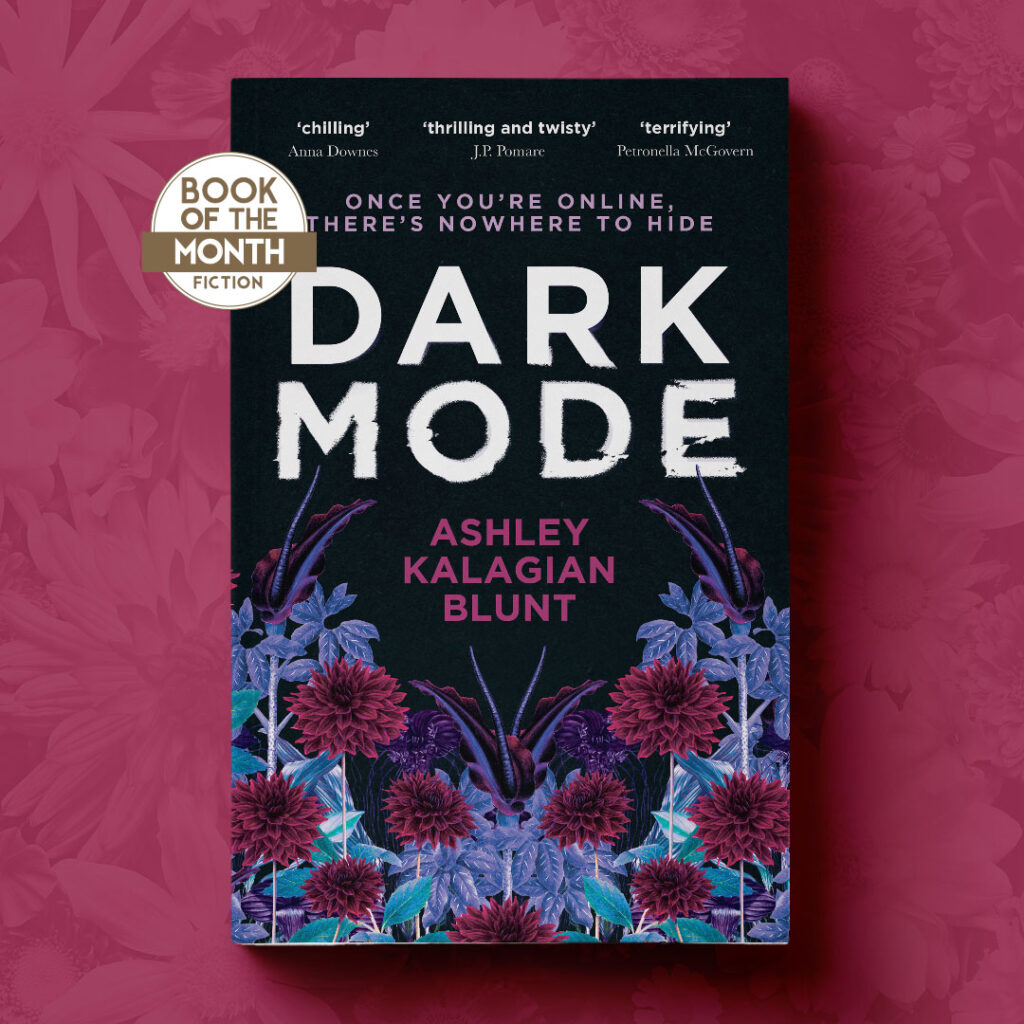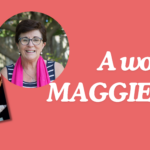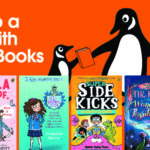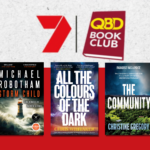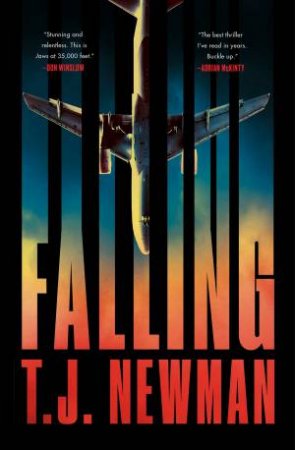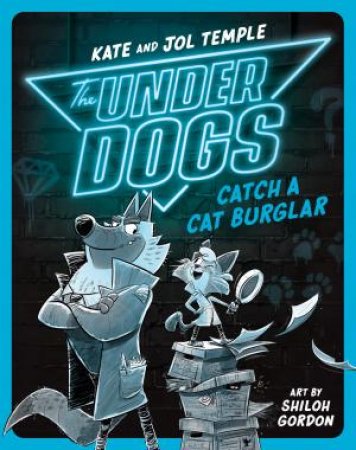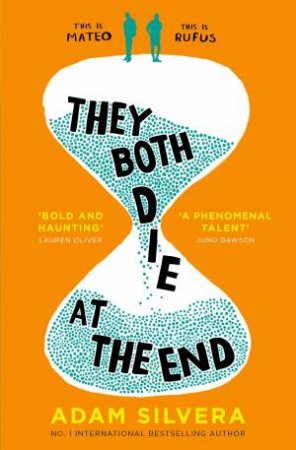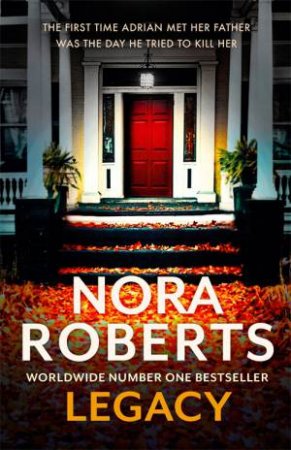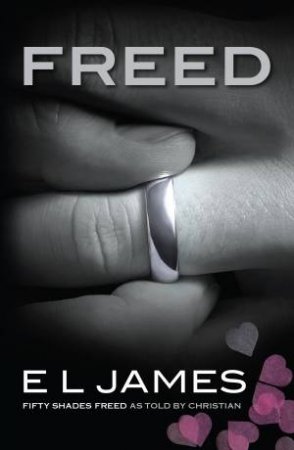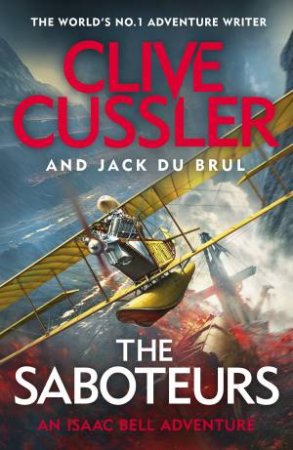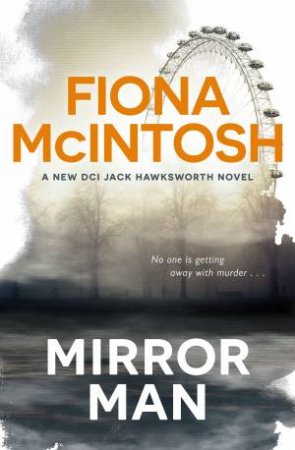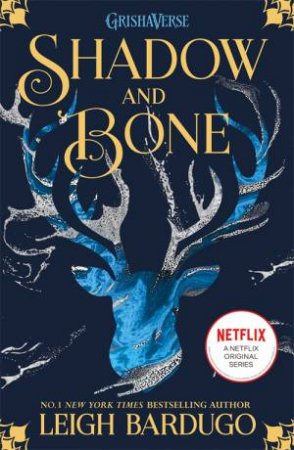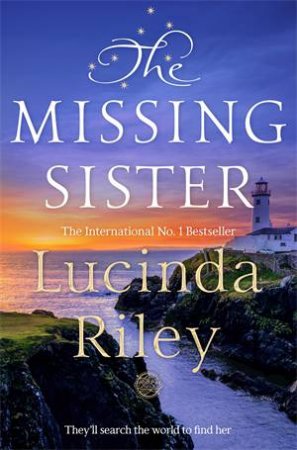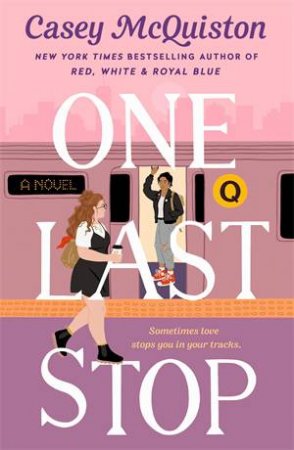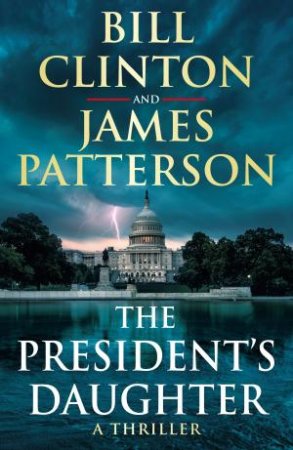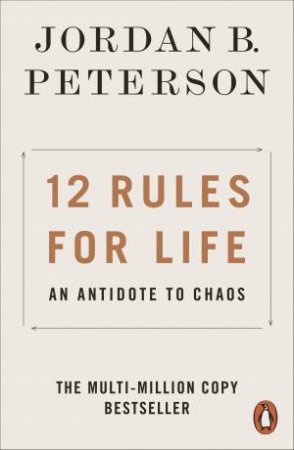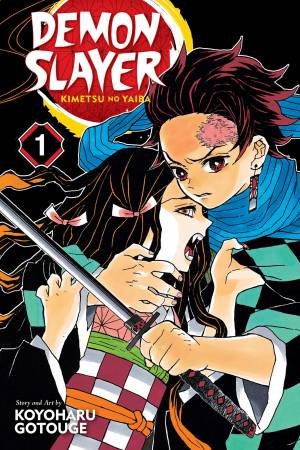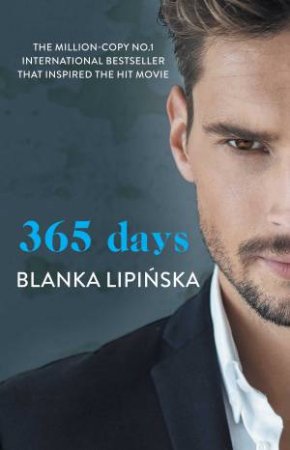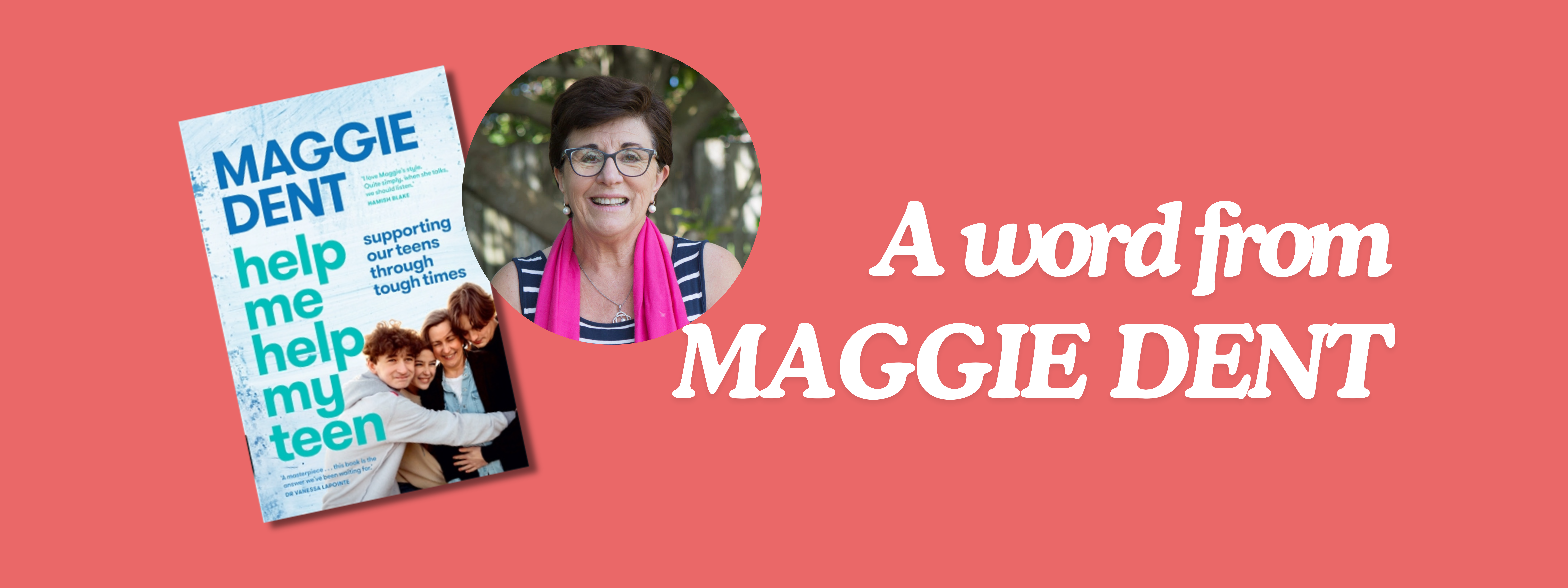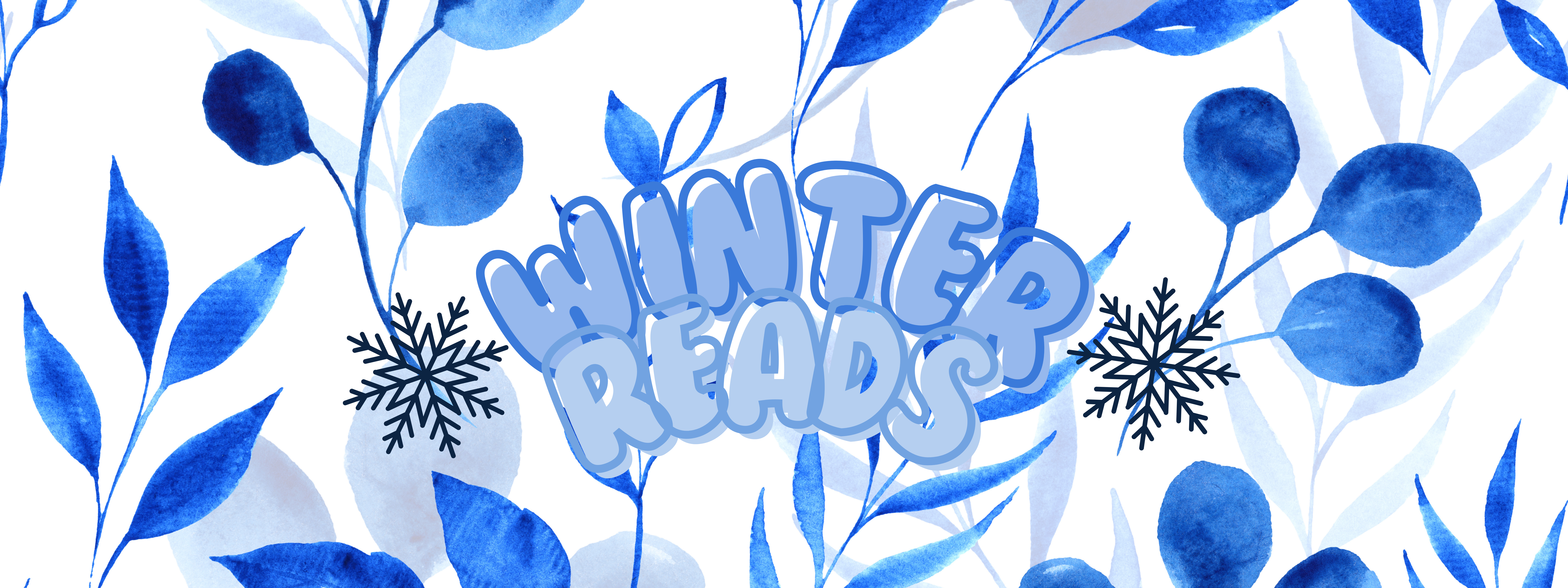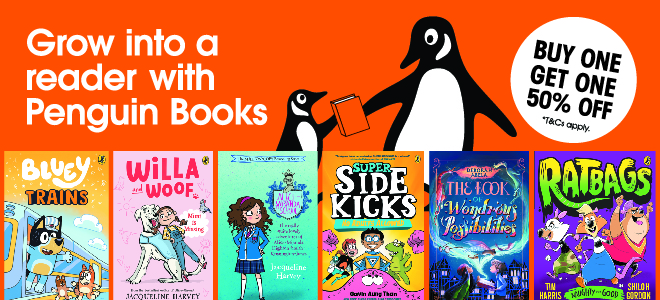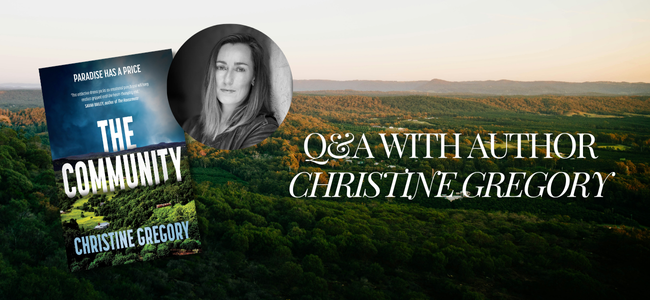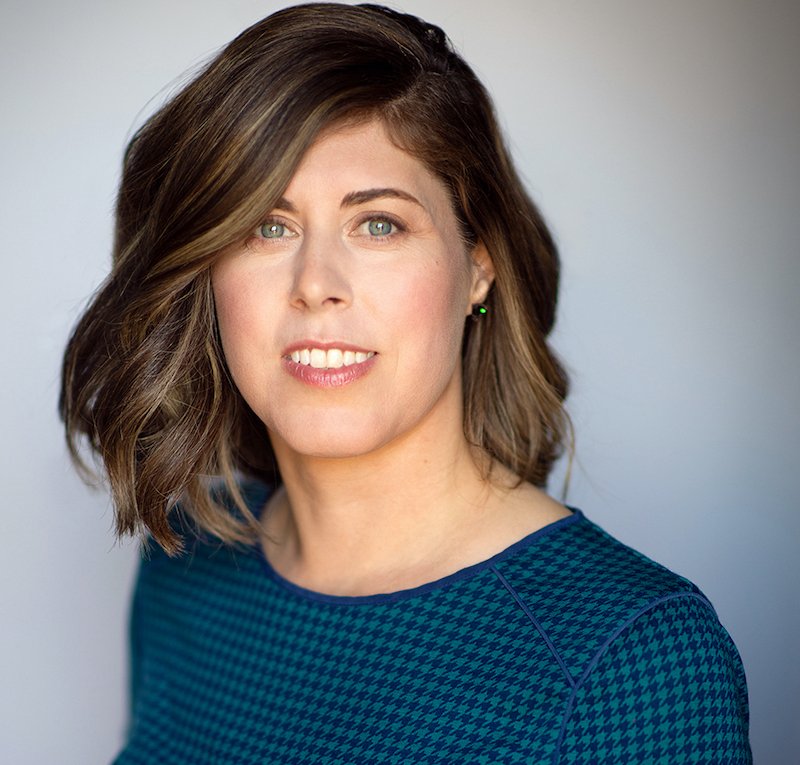
Here at QBD Books, our March Book of the Month is “Dark Mode” by Ashley Kalagian Blunt. Exclusively for our blog readers, we have a Q&A with the talented author. Below, get to know more about Ashley, her writing journey, her favourite authors, and more: let’s dive in!
Tell us a little bit about yourself…
Hi! I’m originally from Canada, and lived and worked in South Korea, Peru and Mexico before moving to Australia in 2011. I fell in love with Sydneysiding and have been here ever since. My first publication happened when I was seven. A story I’d written for my grade one class became part of the Young Saskatchewan Writers school district anthology. In university, I studied journalism, then spent ten years researching and writing about the Armenian genocide, which included two months travelling Armenia. My memoir How to Be Australian led to me discussing Hollywood’s kookaburra con on national TV. And I’m obsessed with true crime and crime fiction, and will fall asleep listening to podcasts about serial killers. Weird, I know.
Describe your book in one sentence – it’s tricky, we know!
Dark Mode is a psychological thriller that explores the intersection of violence and misogyny online and in real life through the story of a Sydney garden-centre owner, whose discovery of a murdered woman near her home makes her suspect her secret past is catching up with her.
What sparked this writing journey?
I’ve always been a huge fan of crime and thriller authors, including JP Pomare, Candice Fox, Tana French, Karin Slaughter and John Sandford. In 2017 I was diagnosed with chronic fatigue syndrome, and spent months homebound, listening to hundreds of hours of true crime podcasts. I also watched 430 episodes of Law & Order: Special Victims Unit, in order. At that point, I had to admit I might be a bit obsessed with crime narratives.
I’d written a couple of nonfiction books before becoming ill, but now I decided it was time to try the thing I’d secretly wanted to do all along – write a psychological thriller. I realised it was a chance to engage with many topics I found fascinating, including the dark web, the notorious unsolved murder of the Black Dahlia in 1940s Los Angeles, and creepy plants like the voodoo lily, which has flowers that smell like rotting meat.
Who did you write this book for or who do you wish would read it?
I one-hundred-per-cent wrote this book for fellow crime thriller fans. I hope it grabs them from the first page and resonates deeply, and they find themselves still thinking about the characters and the story every time they go online. Because once you’re online, there really is nowhere to hide.
What does your writing process look like? Do you listen to music? Start with characters or are you plot driven? Do you write in a specific place or during a certain time of day?
You’re more likely to find me listening to a 10-hour video of jellyfish white noise on YouTube than music! I’ve had chronic fatigue syndrome for six years, so I need as much quiet as I can get. Like a lot of writers, I prefer mornings and try to keep them as sacred creative time, and I’m lucky that I now have a tiny home office to work in.
I tend to start with an idea that could turn into a plot. Dark Mode was an experiment. I wasn’t sure if I could write a crime novel, but I decided it couldn’t hurt to try. I started from a specific moment (one of the twists!) that I’d never seen in crime narratives before. I built the story out from that moment, layering in other ideas I’d bowerbirded together, including my fascination with the infamous Black Dahlia murder, my obsession with creepy plants (like devil’s tongue, black bat plants and rat-eating pitcher plants), and my curiosity about crime on the dark web. I loved the process – turns out I really am a crime writer at heart!
Can you tell us a little bit about how you became a writer?
Do you have seven hours to spare? It’s a long story, but here are the highlights. Storytelling and books were always important to me. My grade one teacher wrote in a school anthology I was published in, ‘Keep writing stories.’ So the idea I was a writer was cemented into my identity early on. I wrote a terrible novel when I was in high school, and another while I was in university studying journalism. But I also won some creative writing awards for my short stories.
While living in South Korea, I studied with author Mishi Saran. I was still writing short fiction, and unsure how I wanted to define myself as an author – I loved a wide range of books, and was interested in many things. At age 26, I decided to write a nonfiction work about the legacy of the Armenian genocide for my family. I ended up interviewing 140 people on three continents, and spent years writing and revising the manuscript. This was my real writing education.
By the time my first book was published nine years later, the project had completely evolved. My Name Is Revenge is a collection of fiction and essays about the historical links between Australia and the Armenian genocide, drawing on all those years of research. I also wrote a memoir called How to Be Australian, about moving from Canada to Australia. And now, I’ve absolutely fallen in love with crime writing. It took me a long time to figure out what I most want to do, but now that I’ve found it, I know it will drive my career forward for years to come. So look out, crime fiction fans!
How do you select the names of your characters?
Google is convinced I’m pregnant, because I’m on baby name websites all the time. I prefer less common names for my main characters. Nothing against all the Toms, Sarahs, Adams and Ashleys out there; I just want my protagonists to leap off the page and immediately stick in the reader’s mind. Surnames are trickier. I find myself googling ‘least common English surnames’ just to see what’s out there. Which is how I discovered the fabulous surname Halfenaked is now extinct. I’d love to use it, but my editor might tell me it’s too distracting …
What kind of research do you do and how long do you spend researching before you begin to write?
Broadly, I consider all the true crime podcasts and documentaries I absorb part of my research. I’ve started a crime journal, noting details of particularly intriguing cases. Basically, I’ve been doing a self-led degree in criminology for the past six years.
When I start on a new project, as I’ve done this year with my next psychological thriller, I do some initial research to get started, but I know it’s best to dive into the writing as soon as possible. With this new book, I planned to draw inspiration from William Lyttle, aka the Mole Man of Hackney. Lyttle spent 40 years digging a series of tunnels underneath his home. He was discovered when the local roads began to cave in!
But as much as I love this story, it became obvious my plot wasn’t going to accommodate a series of secret tunnels. For this reason, I do a lot of research as I write, depending on what shape the plot takes. Just this week I found myself having to research what urine tastes like, and all I can say is, thank goodness for the internet!
What is the most important thing you’d like readers to take away from reading your book?
We need to start drawing more connections between what’s happening online and what’s happening in our communities and our social discourse. Without giving any spoilers, a lot of the scariest content in Dark Mode isn’t what’s happening on the dark web – it’s what’s happening on the everyday surface web and how it bleeds into all of our lives. The first step to changing it is for a lot more of us to know and talk about it. I wrote Dark Mode to be part of that conversation.
What do you look for in a good book?
Characters who pulse with authentic depth, a storyline that pulls me back to the page any time I try to put the book down, and language and voice that electrify me. I love both fiction and non-fiction, and read widely. In the crime and thriller realm, some of my favourites include Call Me Evie by JP Pomare, Crimson Lake by Candice Fox, The Silent Listener by Lyn Yeowart, andThe Wych Elm by Tana French. A few other recent books that have utterly grabbed me include Auē by Becky Manawatu, A Kind of Magic by Anna Spargo-Ryan, and Rattled by Ellis Gunn.
Reading is such a beneficial experience, it increases empathy, lowers stress, offers the reader different world views. How does reading enrich your life?
I believe books and writing are at the core of how we go beyond surface understanding. Nuance is essential to solving the complex problems we’re facing as a global society, and books are still the best way of engaging with well-reasoned and deeply researched thinking.
More personally, I believe reading helps us better understand ourselves as creatures and individuals. George Saunders writes, ‘Literature is a form of fondness-for-life. It is love for life taking verbal form.’ Reading that gave me fresh and meaningful insight into myself.
Who do you think would play the main characters in a TV/film adaptation and why?
The main character, Reagan, is a mid-twenties woman who runs her own garden centre. Notably, she looks a lot like Elizabeth Short, also known as the Black Dahlia, whose infamous murder in 1947 remains unsolved. Short earned her nickname for her ghostly white skin and loose dark curls. Mia Kirshner played her in the 2006 adaptation of James Ellroy’s The Black Dahlia, and was an excellent fit.
Also for Dark Mode, Korean-American actor Smith Cho would be perfect as Min-lee Chasse, Reagan’s closest friend. And Bryce, the love interest, is an ideal role for Alexander England – this suggestion came from my copy editor, who read him spot on!
Name one book from childhood that had an impact on you and why.
The Nancy Drew/Hardy Boys crossover! I loved both series (had a big crush on Frank, of course; I always went for the smart one), and it was so exciting to see these characters that I adored step into each other’s worlds. I learned a lot from the Nancy Drew series especially, and still wedge a chair under the doorknob of any hotel room I sleep alone in thanks to her!
Of all famous authors – living or dead – who would you invite to dinner? Why?
I would LOVE to sit down with Karin Slaughter and ask detailed questions about how she writes such sharp prose and intricate plots so quickly. I mean honestly, does she have several clones of herself handcuffed to typewriters?!
What’s one piece of advice you would give to aspiring writers?
Many aspiring and emerging writers have a key question buzzing in their minds – ‘Can I do this? Should I keep going, or am I wasting my time?’ I asked it all the time during my long tenure as an aspiring writer, and I kept sending my work to tutors and mentors, hoping someone could give me a definitive answer. It turns out it’s not a matter of whether or not you can do it. It’s just a matter of how long it might take, and if you can stick with it long enough. And no one can answer that but you.
Finally, what’s next for you?
I’m already at work on my next psychological thriller. It engages with similar themes to Dark Mode, and is set in Winnipeg, Canada, a strange, isolated prairie city known for winters that drop to minus 40 degrees Celsius. Fun fact – in 1942, Winnipeg staged a full-scale Nazi invasion of itself.
To order “Dark Mode” by Ashley Kalagian Blunt, you
can visit us in-store or on
our website today!

